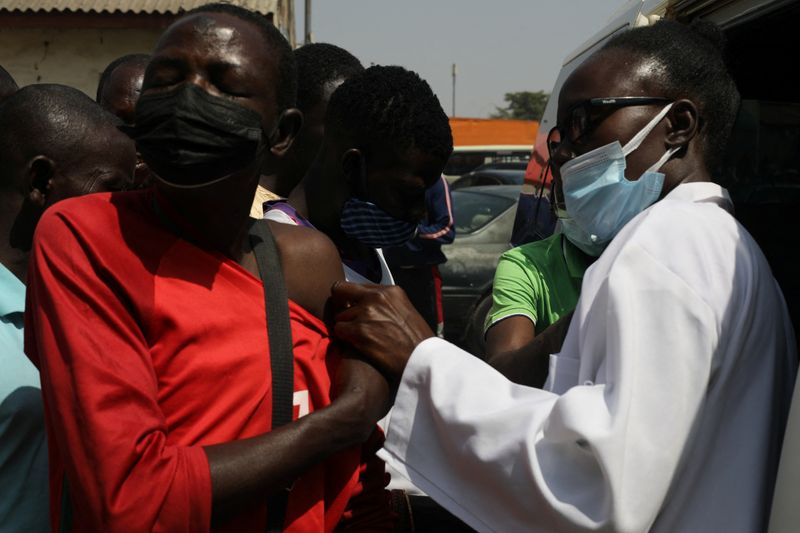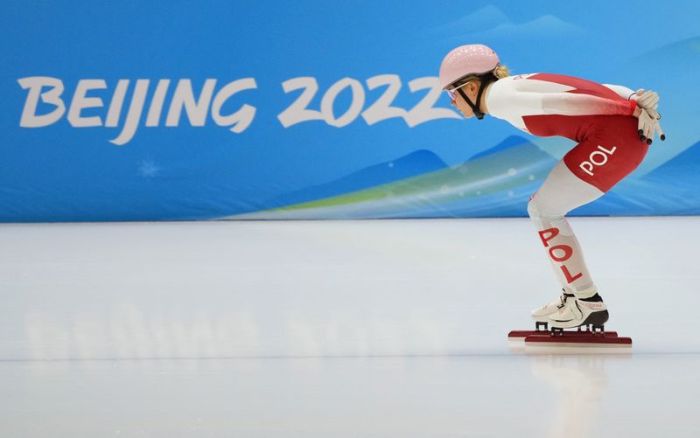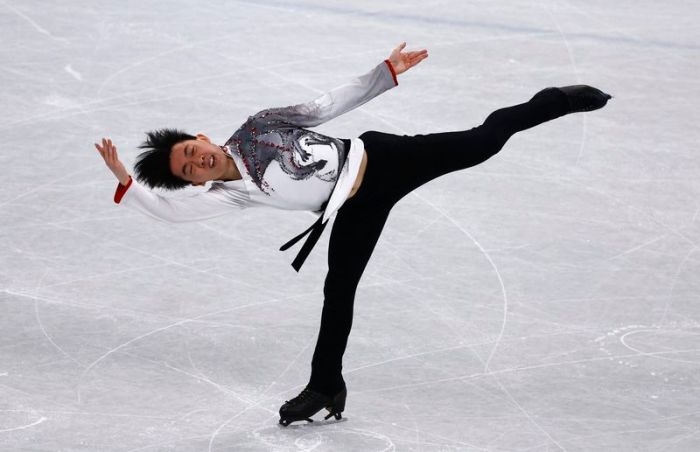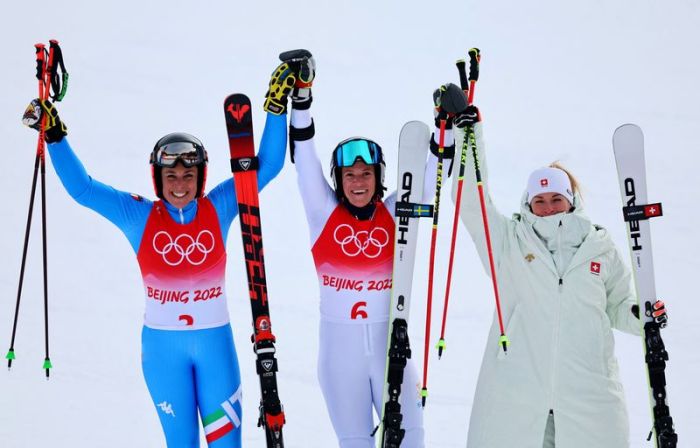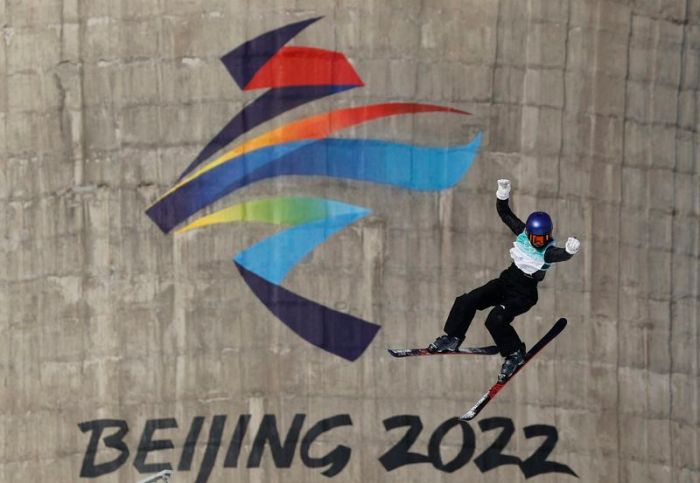ABUJA (Reuters) – Nigeria has received 2 million doses of Johnson & Johnson’s COVID-19 vaccine from Finland, Greece and Slovenia, with more EU donations set to arrive in the coming weeks, government officials said on Monday.
The delivery is part of a donation pledge by the European Union to African countries via the COVAX initiative launched by the World Health Organization in 2020 to distribute vaccines to some of the world’s poorest people.
Samuela Isopi, the EU ambassador to Nigeria, said the doses were “part of a global donation of almost 20 million J&J doses from EU member states to Nigeria” and more would arrive in the coming weeks.
The vaccines are currently in a cold room at the airport of the Nigerian capital Abuja.
“This batch of vaccines will expire in August 2023. So we have that ample time to administer before that time,” Faisal Shuaib, executive director of Nigeria’s National Primary Health Care Development Agency (NPHCDA), told a news conference at the airport.
“At the moment, Nigeria currently has in country 12,916,450 doses of the Johnson & Johnson vaccine.”
Shuaib said hard-to-reach riverine, desert and security-compromised areas would initially be prioritised since the J&J vaccine only requires a single dose.
The shelf life for the vaccines is the longest that Nigeria has received so far.
The government said in December that it had destroyed about 1 million donated vaccine doses after they had expired.
The country had been accepting vaccines with short shelf lives from donor nations in an attempt to use them quickly and provide some level of protection for Nigerians due to vaccine scarcity in the past.
The government has focused on vaccinating people who are 18 years old and above. Of the eligible population, Shuaib said that 15.8 million Nigerians, or 14%, have received their first vaccine dose.
Another official at NPHCDA said at least 6 million Nigerians have had their full two-dose vaccination course, just a fraction of the country’s 200 million population.
(Reporting by Camillus Eboh, Writing by Julia Payne; Editing by Jon Boyle, Mark Porter and Susan Fenton)

